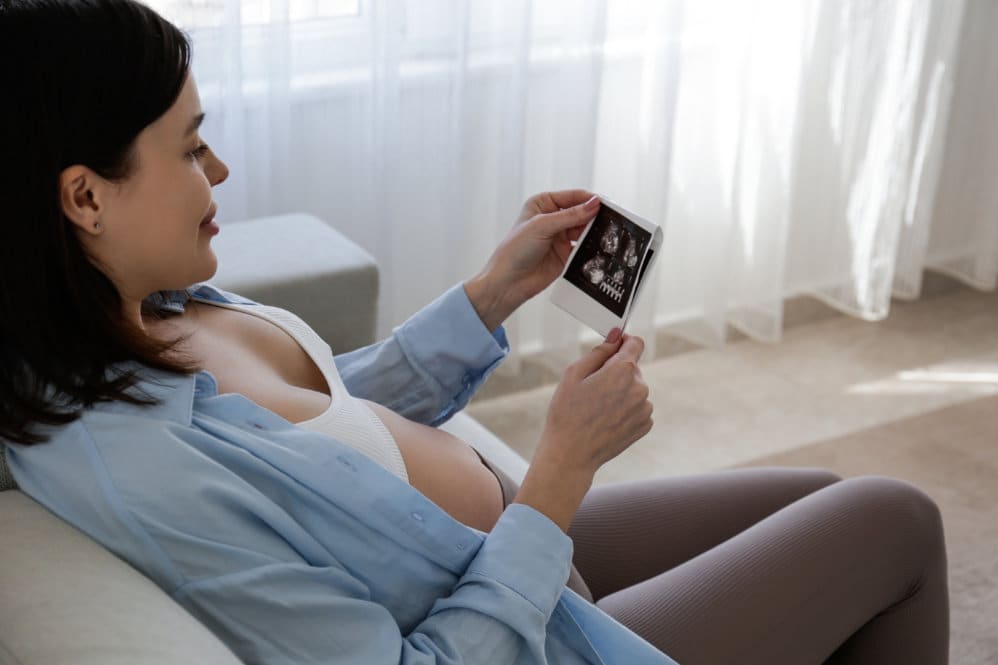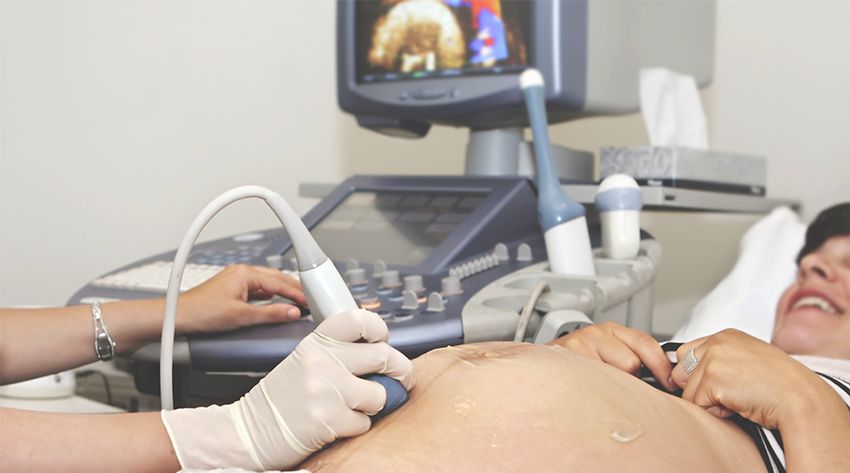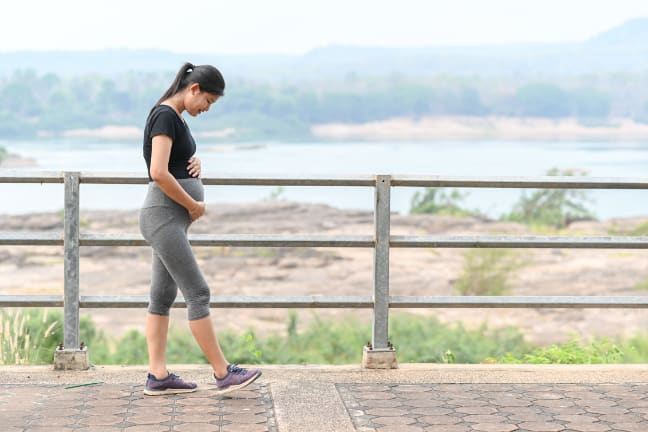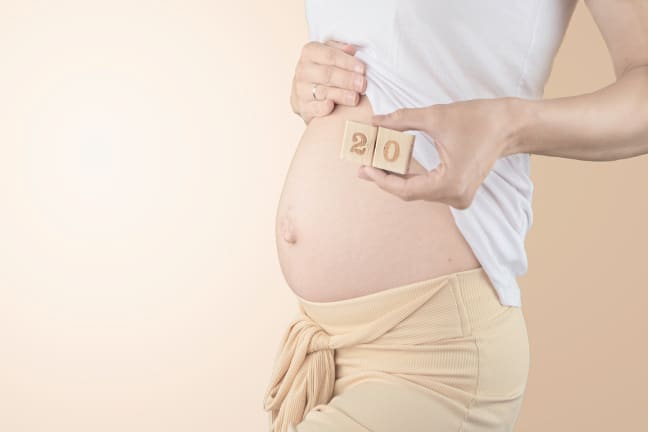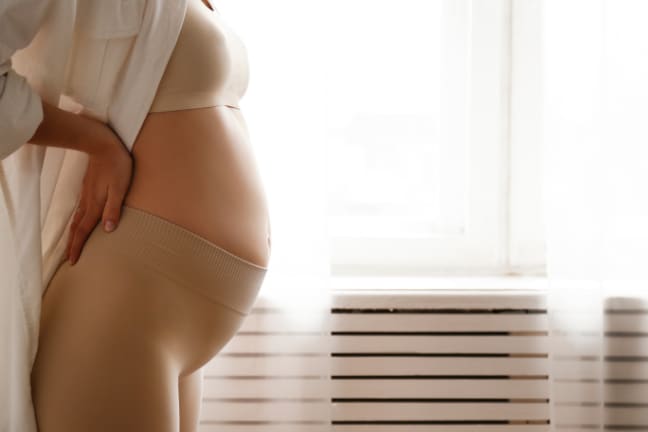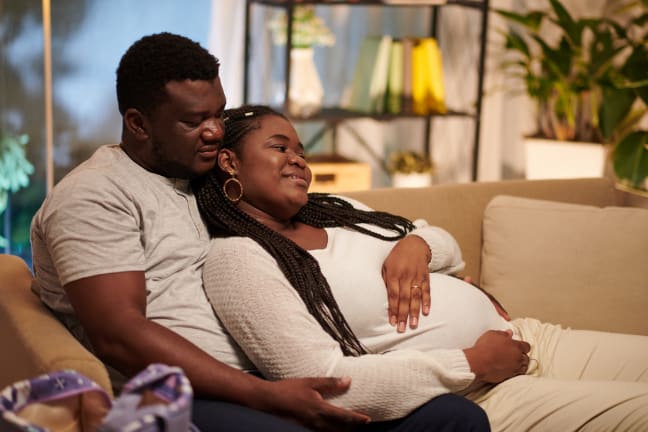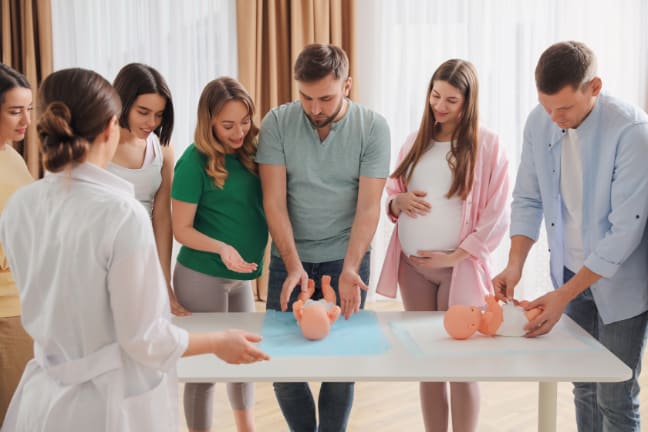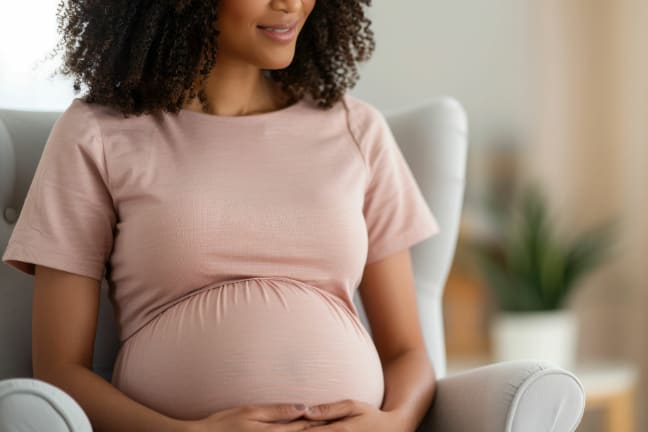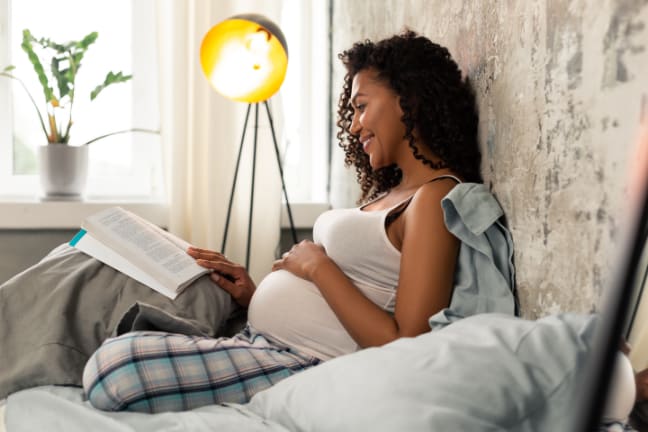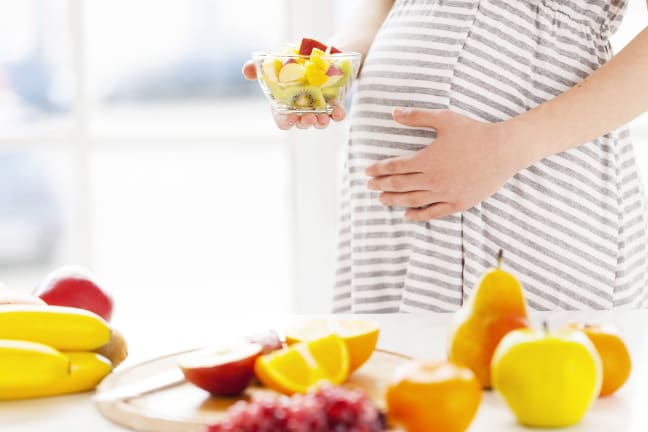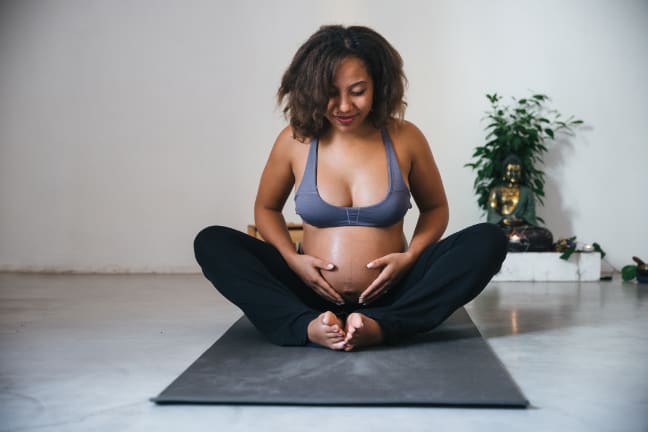Introduction
Baby’s movements at 18 weeks pregnant are becoming more vigorous as baby’s muscles are getting stronger. You may feel a bit of a kick or an elbow nudge about now. Your second trimester ultrasound is due anytime in the next few weeks - is it a boy? Is it a girl? Do you want to know or have a surprise! Many women will be feeling heartburn in pregnancy, which can be a real pain. Are you getting enough calcium for your pregnancy needs? For calcium to be properly absorbed your body needs enough vitamin D, which is good for healthy bones generally. Read more on what to expect at 18 weeks pregnant.
What happens at 18 weeks pregnant?
How big is baby at 18 weeks pregnant? Your little one is around the size of a large onion with so many gorgeous layers to them already. Your baby has between 12 and 14,000 nerve cell endings and their heart is now big enough that you can hear it through a stethoscope.
What else is happening at 18 weeks pregnant? Well, those little hands are growing handier with tiny nails and unique little baby fingerprints are forming.
Baby’s movements at 18 weeks are becoming more vigorous as baby’s muscles are getting stronger. You may feel a bit of a kick or an elbow nudge about now. Don’t worry if you haven’t, every mum-to-be is different.
What happens to your body at 18 weeks pregnant?
Your second trimester ultrasound scan is called the anomaly scan and should happen between 16 and 21 weeks. Your sonographer will be able to look in detail to see the 18-week foetus including the baby’s heart, brain, spinal cord and organs to make sure they’re healthy and baby is growing at the right rate. They’ll also check for certain abnormalities and in most cases, rule them out. On a more exciting note, you should be able to find out the answer to that big question: boy or girl? Don’t be disappointed if it’s not possible to determine on the day because baby has to be lying correctly for the sonographer to see baby’s gender. Of course, you can choose not to know the gender and have a lovely surprise when baby pops out.
Around now your aches and pains might get a bit more achey and painy thanks to the hormone Relaxin – it literally relaxes your ligaments and affects posture. A nice warm soak in a tub could be just what you need. On the plus side, you might be able to feel baby by pressing down 1.5 inches below your belly button. Give it a go while you’re having that soak.
What to eat at 18 weeks pregnant?
Constipation in pregnancy. Ugh! It’s a common complaint especially in the second and third trimester. There are a few ways you can combat constipation – and fibre is your best weapon. Eating lots of it as part of your pregnancy diet can make a big difference. Choose wholegrain and wholewheat bread, pasta and cereals; fibrous veg like broccoli, cauliflower, celery, and greens; fibrous fruit like plums, peaches, nectarines, apples and pears. Just keep an eye on your bran or wholemeal bread if you’re not used to it, as it can irritate the intestines.
Drinking enough? Try to down at least two litres of water a day. It helps get things moving. And talking of moving, exercise helps keep you regular too. If nothing is working, it may be tempting to go for an easy fix but it’s best not to turn to over-the-counter laxatives. Talk to your midwife or GP instead.
Many women will also be feeling the burn around now, pregnancy heartburn that is, which can be a real pain. Eating little and often is better than larger meals with long gaps. Also, it’s a good idea to cut down on very rich, spicy or fatty foods, as hard as that may be when cravings are calling you.
What are the symptoms of 18 weeks pregnant?
Week 18 pregnancy symptoms can include dizzy spells. There is a lot going on in your body when you are pregnant, (you are growing a human being after all) and sometimes your nervous and cardiovascular systems can’t adapt quickly enough. This can often mean you get a bit lightheaded or dizzy. Low blood pressure can also make you feel a bit woozy and lightheaded. Try and get up slowly when you are sitting or lying down, and make sure you drink plenty of water. When exercising don’t overdo it and don’t get too overheated. If you feel persistently dizzy speak to, midwife or GP.
Calcium and vitamin D during pregnancy
Are you getting enough calcium during pregnancy? With cheese and milk being an important part of a balanced diet it’s usually not a problem. But what if you’re lactose-intolerant? Well, you’ll be surprised how many products are calcium-fortified. Next time you’re shopping look out for the labels on orange juice, soy milk, almond milk and cereals, many of them have added calcium.
For calcium to be properly absorbed your body needs enough vitamin D, which is good for healthy bones generally. Even if you’re getting loads of sun, you still need to take a daily vitamin D supplement of 10 micrograms when you’re pregnant and keep taking one after birth.



